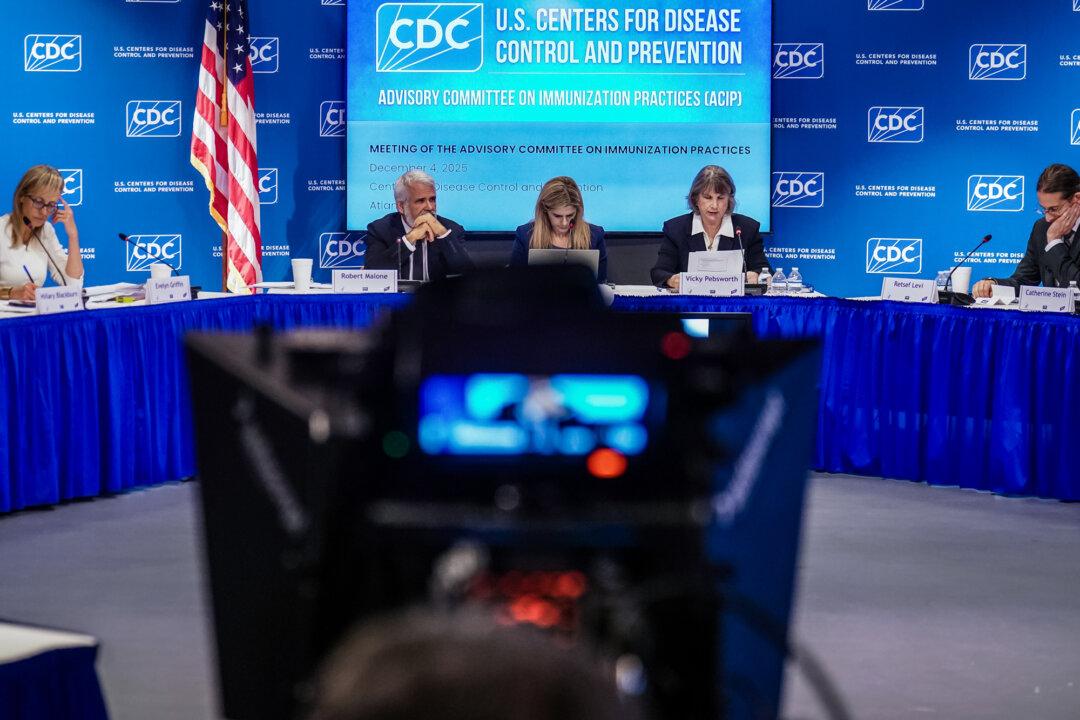The U.S. Supreme Court on April 19 temporarily extended an order that stays lower court rulings that would have restricted access to a popular abortion pill.
Justice Samuel Alito, a George W. Bush appointee, extended the order until 11:59 p.m. Washington time on April 21. The order had been set to expire on April 19.





